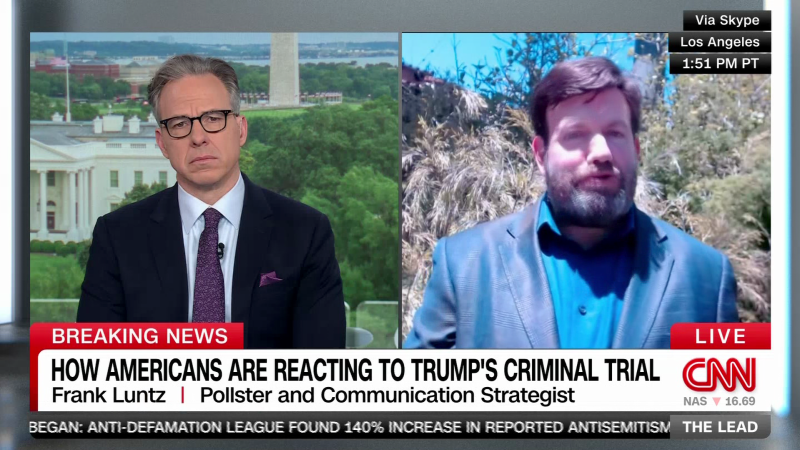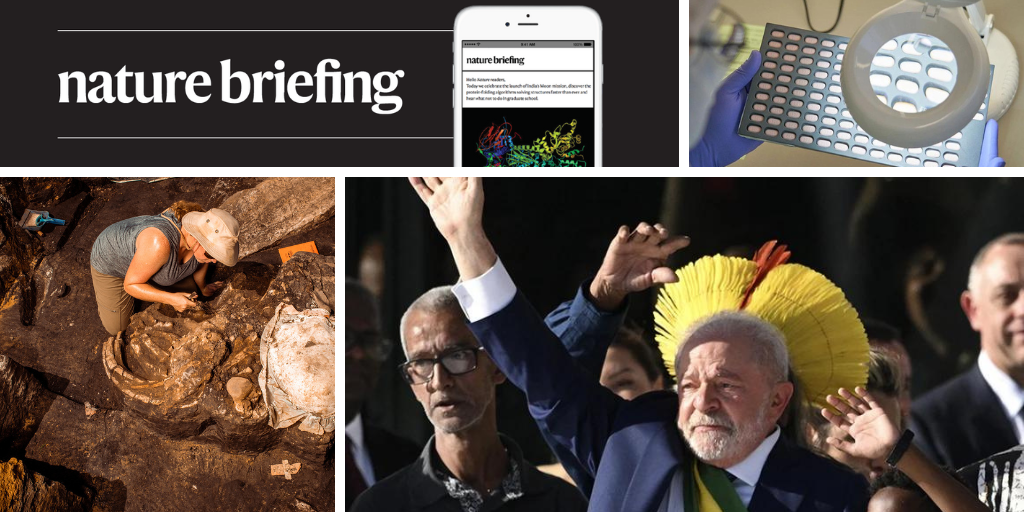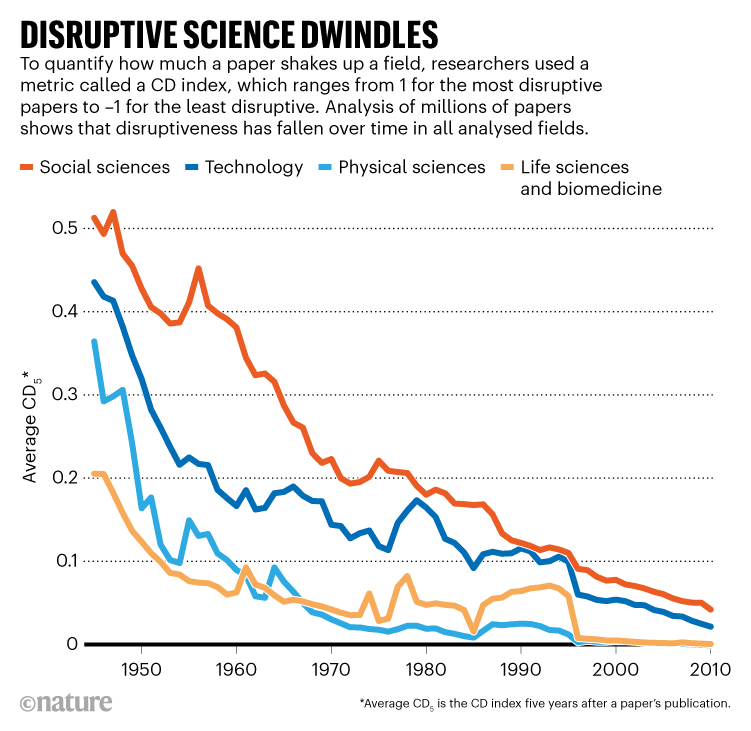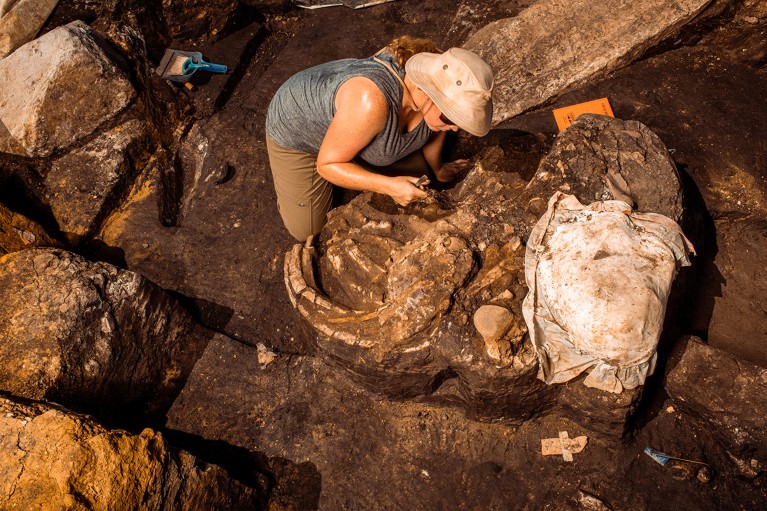Hello Nature readers, would you like to get this Briefing in your inbox free every day? Sign up here
President Luiz Inácio Lula da Silva took office on 1 January in Brazil.Credit: Evaristo Sa/AFP via Getty
Brazil’s new president, Luiz Inácio Lula da Silva, has started to make good on his pro-environment promises in his first week on the job — although he faces an uphill battle to get legislation through Congress. Lula has re-established a fund to reduce Amazon deforestation and revoked the 2022 legalization of environmentally damaging small-scale gold mining. He has also indicated that the government will turn towards science-based policy, by establishing an office devoted to the Amazon that will be placed in the Ministry of Science, Technology and Innovation. Scientists are watching to see whether research funding, environment-agency budgets and enforcement against environmental crime will be restored.
Insufficient investment and misconceptions about side effects have hampered the roll-out of the lifesaving COVID-19 drug Paxlovid. The antiviral, which reduced the risk of hospitalization and death by nearly 90% in trials, was hailed as a game-changer when it was introduced in late 2021. Because of worries about rebound (when symptoms or detectable virus return after a person starts to feel better) and people increasingly perceiving COVID-19 as less risky, Paxlovid is still prescribed in only about 0.5% of new COVID-19 cases in the United Kingdom, and in about 13% in the United States.
Scientists have implemented an encryption-cracking algorithm that — theoretically — could break widely used digital privacy systems. The approach could reduce the size of a quantum computer that would be needed to triumph over cryptosystems such as RSA (Rivest–Shamir–Adleman, named after its inventors), which relies on the difficulty of factoring the product of two large prime numbers. The team that came up with the new approach, dubbed the quantum approximate optimization algorithm (QAOA), emphasizes that size isn’t everything — current quantum machines are too error-prone to do such computations successfully. And no one knows whether using QAOA would actually crack codes such as RSA faster than a classical computer, which would take trillions of years.
Reference: arXiv preprint (not peer reviewed)
The US Food and Drug Administration has approved lecanemab, the second-ever treatment for Alzheimer’s disease and the first to slow cognitive decline. During a clinical trial, three people receiving the drug died from complications involving brain bleeding and seizure.
The proportion of papers that shake up a field has plummeted over the last 50 years. Analysis of citation data from 45 million manuscripts published between 1945 and 2010 showed that, compared with the mid-twentieth century, research done in the 2000s was much more likely to build on previous work than to send the field in a new direction. Reasons for the decline probably include a shift in how science is done — among larger teams and in a more competitive environment — rather than a change in research quality.
Source: Ref. 1
Features & opinion
A new generation of obesity drugs allows scientists to safely alter weight for the first time. One of the gut hormone-mimicking drugs, tirzepatide, has helped people in trials to lose weight at levels typically achievable only through bariatric surgery. It’s unclear exactly how the drugs work or how long people will need to take the pricey medication to maintain their weight. Critics worry that these drugs could play into some societies’ unhealthy obsession with being thin.
“I’ve lost count of the number of times that a board member has remarked that the way a study has been designed means it won’t yield any informative data,” says experimental psychologist and ethical-review-board chair Daniël Lakens. To counter this trend, his university has introduced a methodological review board that highlights flaws before data collection even begins — such as sample sizes that are too small to test a hypothesis.
“When people ask me, ‘How did the Russian full-scale invasion change the lives of Ukrainians?”’ I tell them the story of V and his wife N,” writes Ukrainian writer and curator Oleksandr Mykhed. The couple are biologists who study fish, run an ecological management company and dreamed of opening a tourist attraction called “the ‘Museum of Berries’, a place where you could sample every type of berry there is”. Now their home city is occupied by Russian troops, and V is a soldier in the Ukranian army.
The Financial Times | 12 min read
Where I work
Laura Emmert is a lab and field technician at the Gray Fossil Site and Museum in Gray, Tennessee.Credit: Mike Belleme
“It’s going to take me three years to unearth this rhinoceros fossil, but that’s okay — he’s been waiting five million years for me to come along,” says field technician Laura Emmert of her painstaking work unearthing ‘Papaw’, a five-million-year-old fossil of a newly described species, Teleoceras aepysoma. Emmert works at the Gray Fossil Site in Tennessee, which was once a watering hole where rhinos, mastodons, red pandas and tapirs gathered.
(Nature | 3 min read) (Mike Belleme)
I was boggled when fusilli-floggers Barilla suggested that I could save 80% of my macaroni-making CO2 emissions by not boiling pasta for the whole cooking time. And Nobel prizewinning Italian physicist Giorgio Parisi agrees, at least according to a Facebook post that fired up a low-stakes debate among his lasagna-loving followers. David Fairhurst, who studies rigatoni-relevant physics, such as phase changes and the interaction of liquids with solids, did what any good scientist would do and asked his students Mia London and Ross Broadhurst to prove it.
Their shock winner for the most efficient method of cooking dried pasta: rehydrate it in cold water for two hours before warming it in simmering water or sauce. This will also cost around half as much — which could save Brits more than £122 million (US$149 million) per year on our once-a-week spaghetti splurge.
While I ponder how to present this option to my Italian family members without getting stripped of my colander privileges, I hope you’ll send me your feedback on this newsletter. Pasta recipes and puns are also welcome at [email protected].
Thanks for reading,
Flora Graham, senior editor, Nature Briefing
With contributions by Katrina Krämer
We’ve recently launched two new e-mails you might like. They’re free, and of course you can unsubscribe at any time.
• Nature Briefing: Cancer — a new weekly newsletter written with cancer researchers in mind. Sign up here to receive the next one.
• Nature Briefing: Translational Research covers biotechnology, drug discovery and pharma. Sign up here to get it free in your inbox each week.









More News
Daily briefing: Why exercise is good for us
Daily briefing: Orangutan is first wild animal seen using medicinal plant
Old electric-vehicle batteries can find new purpose — on the grid